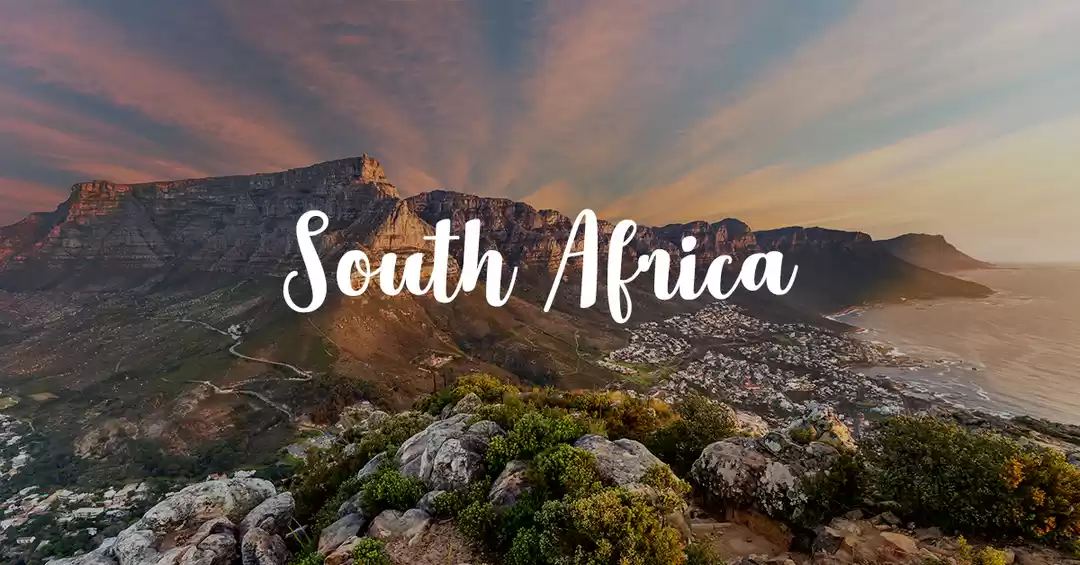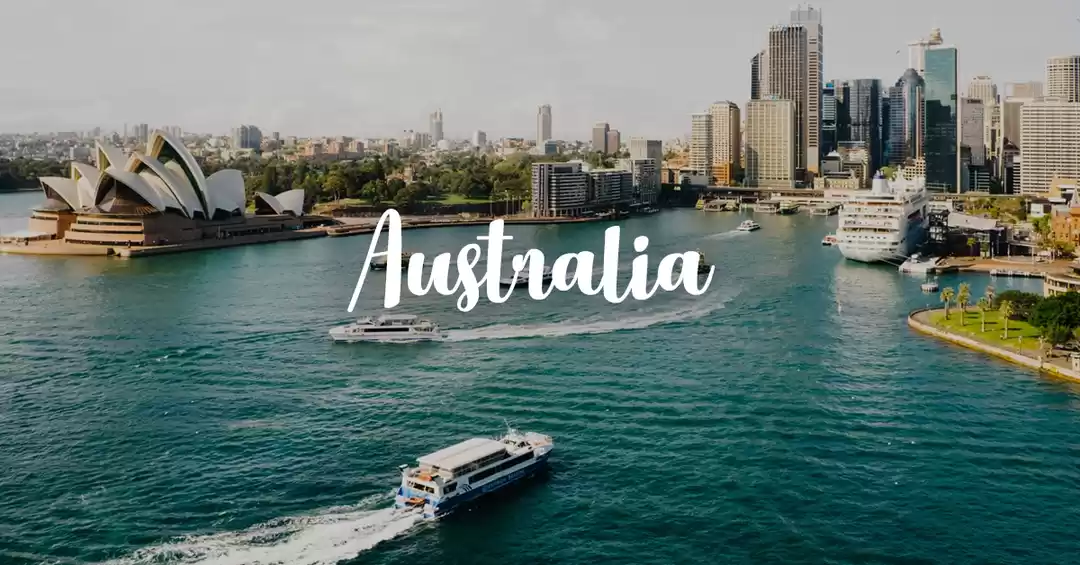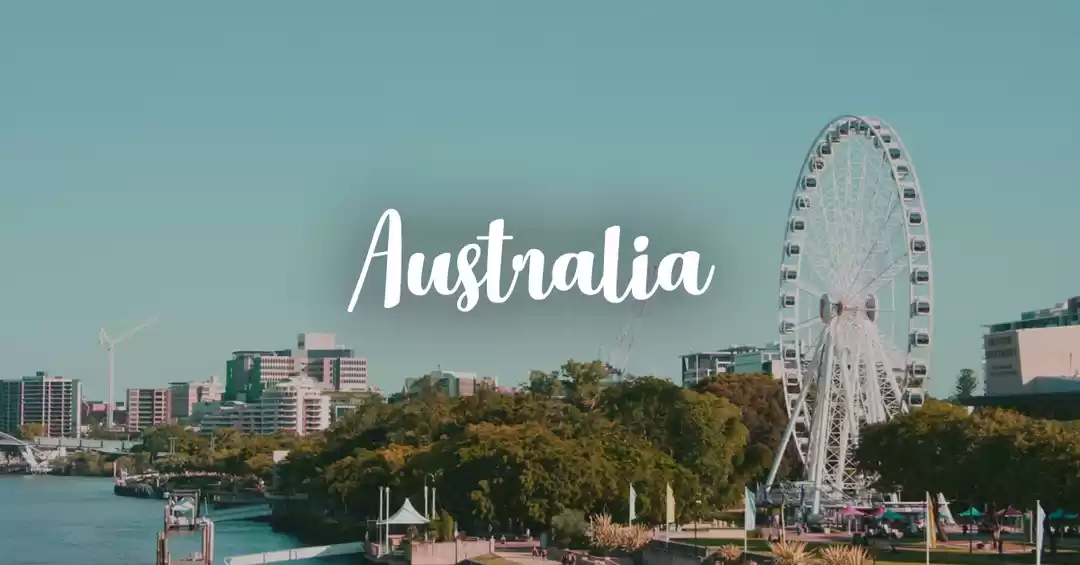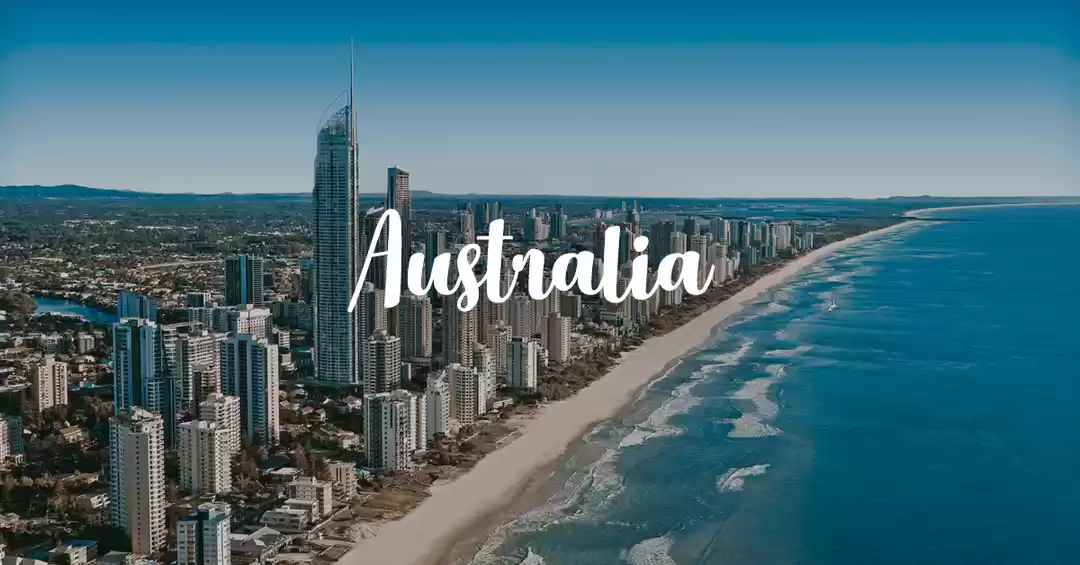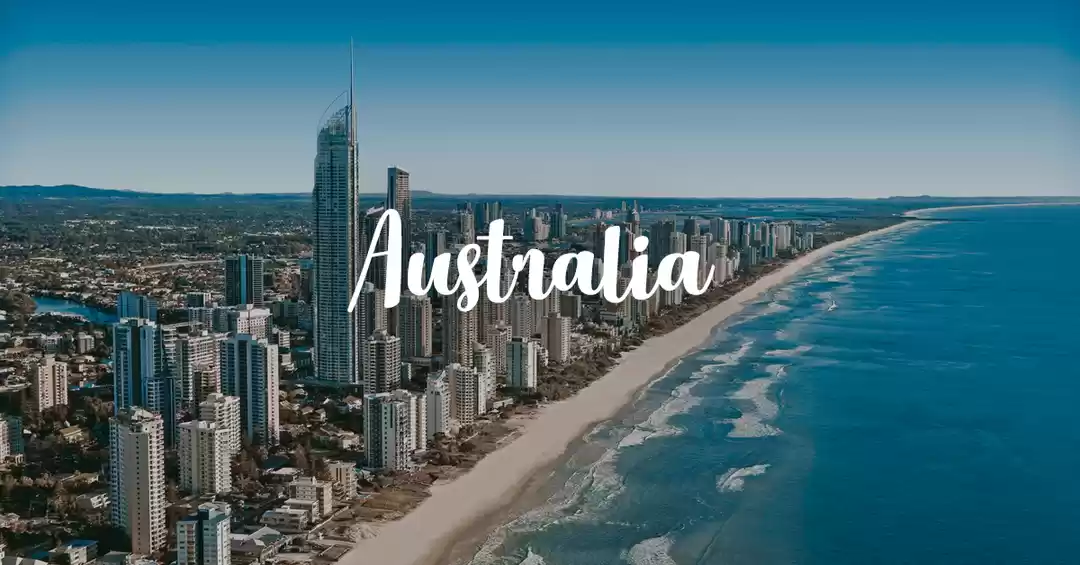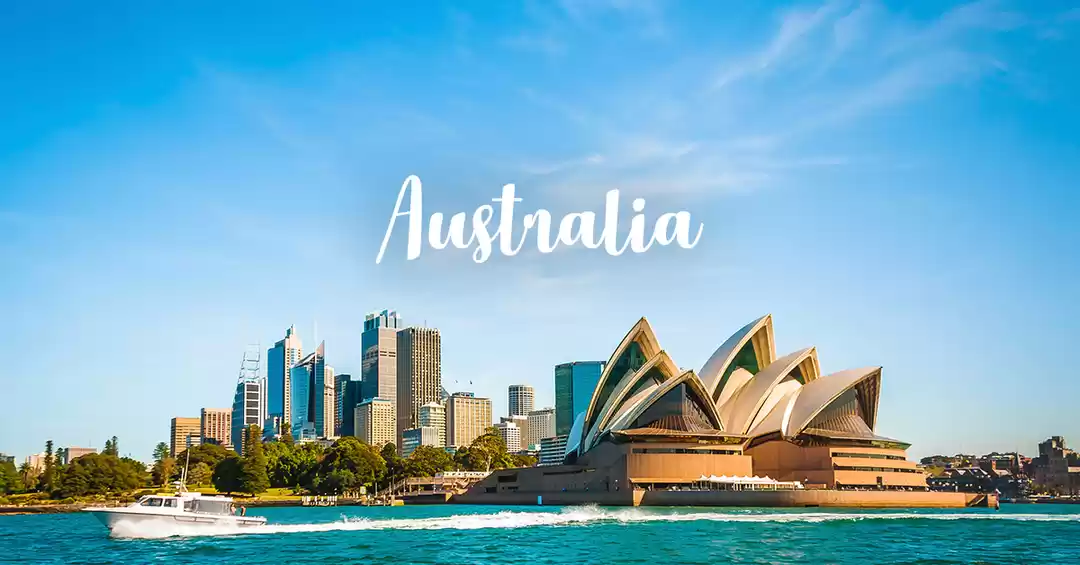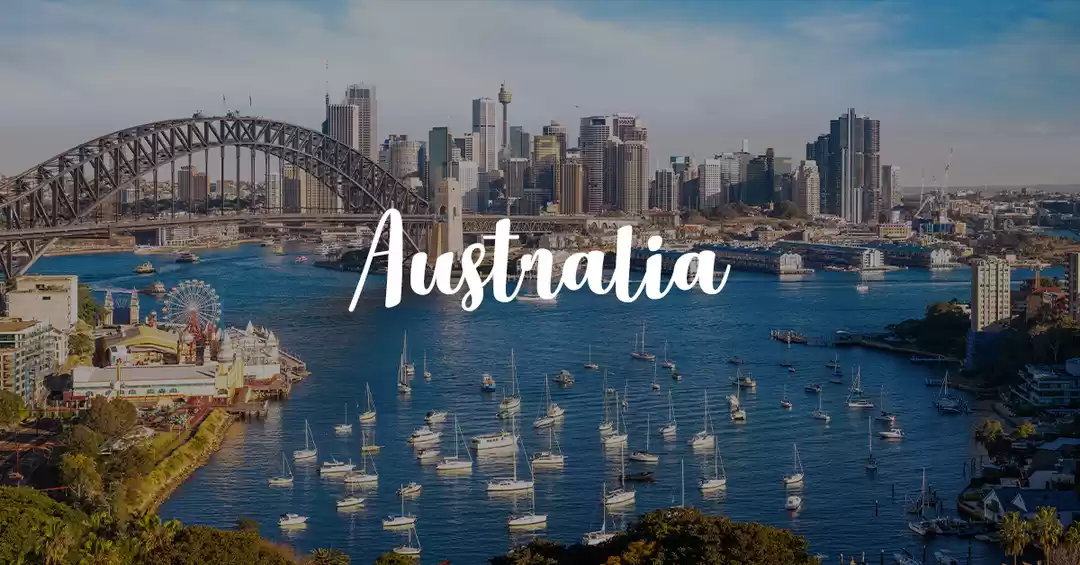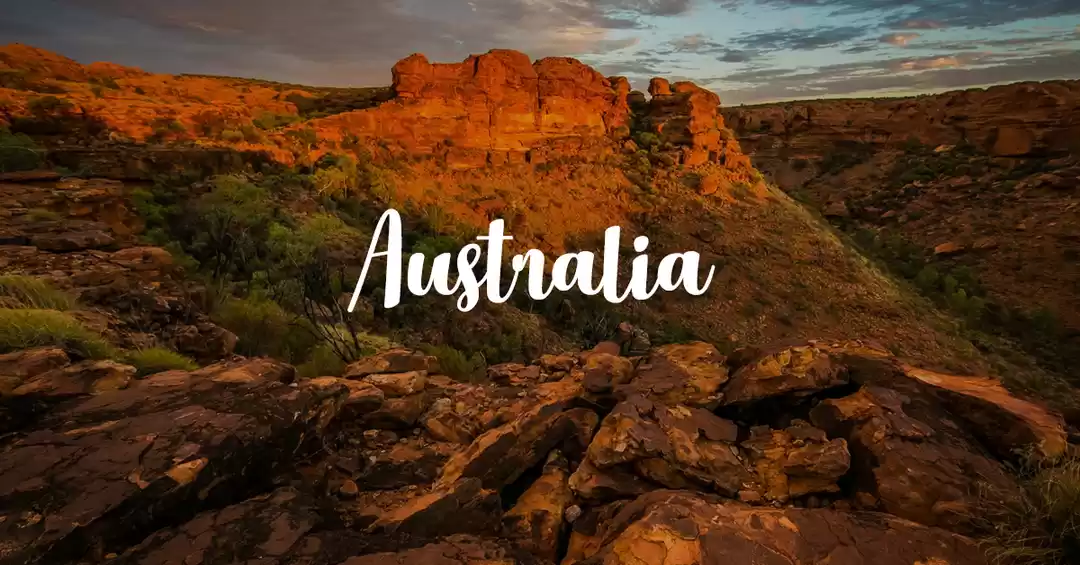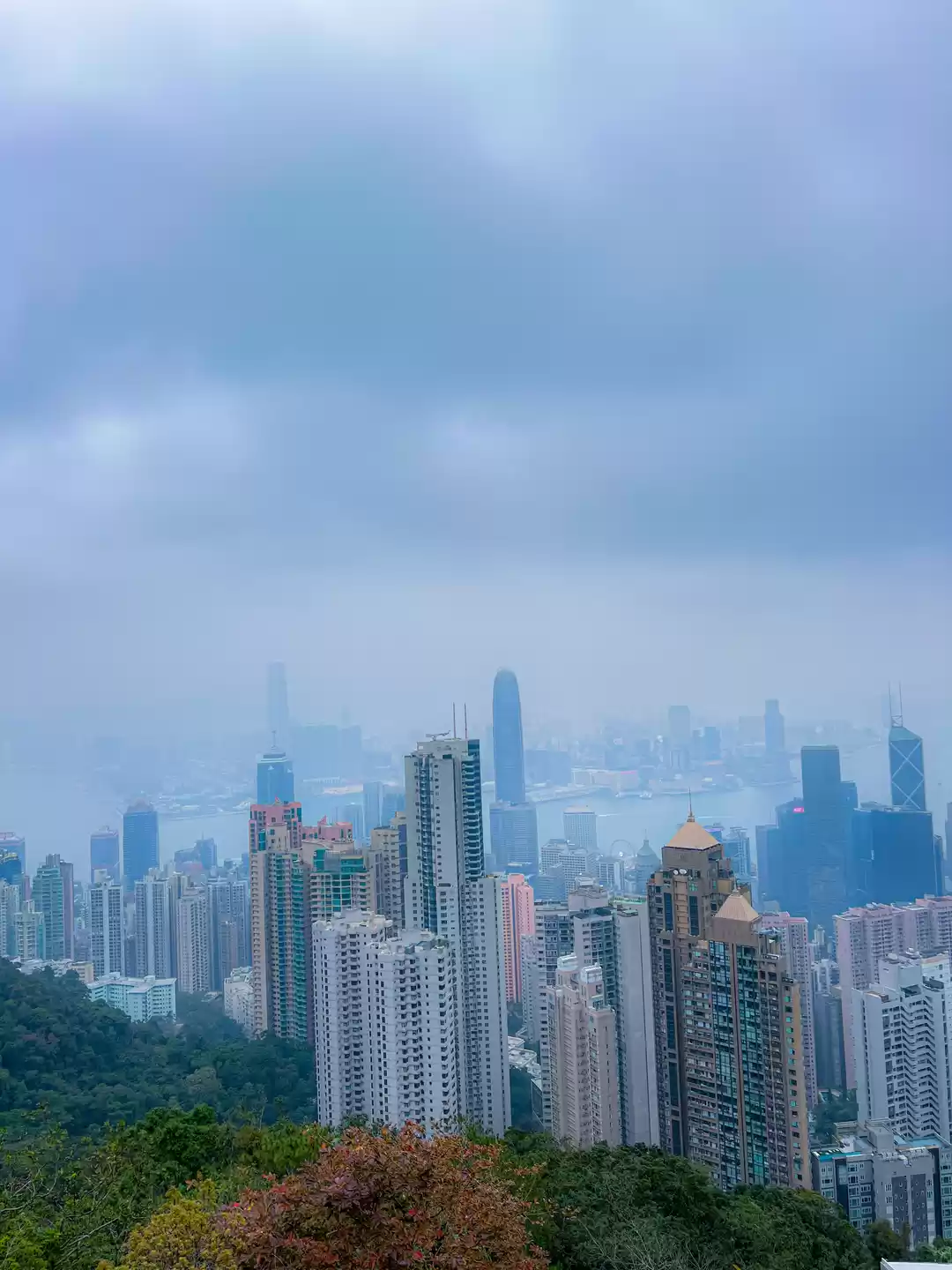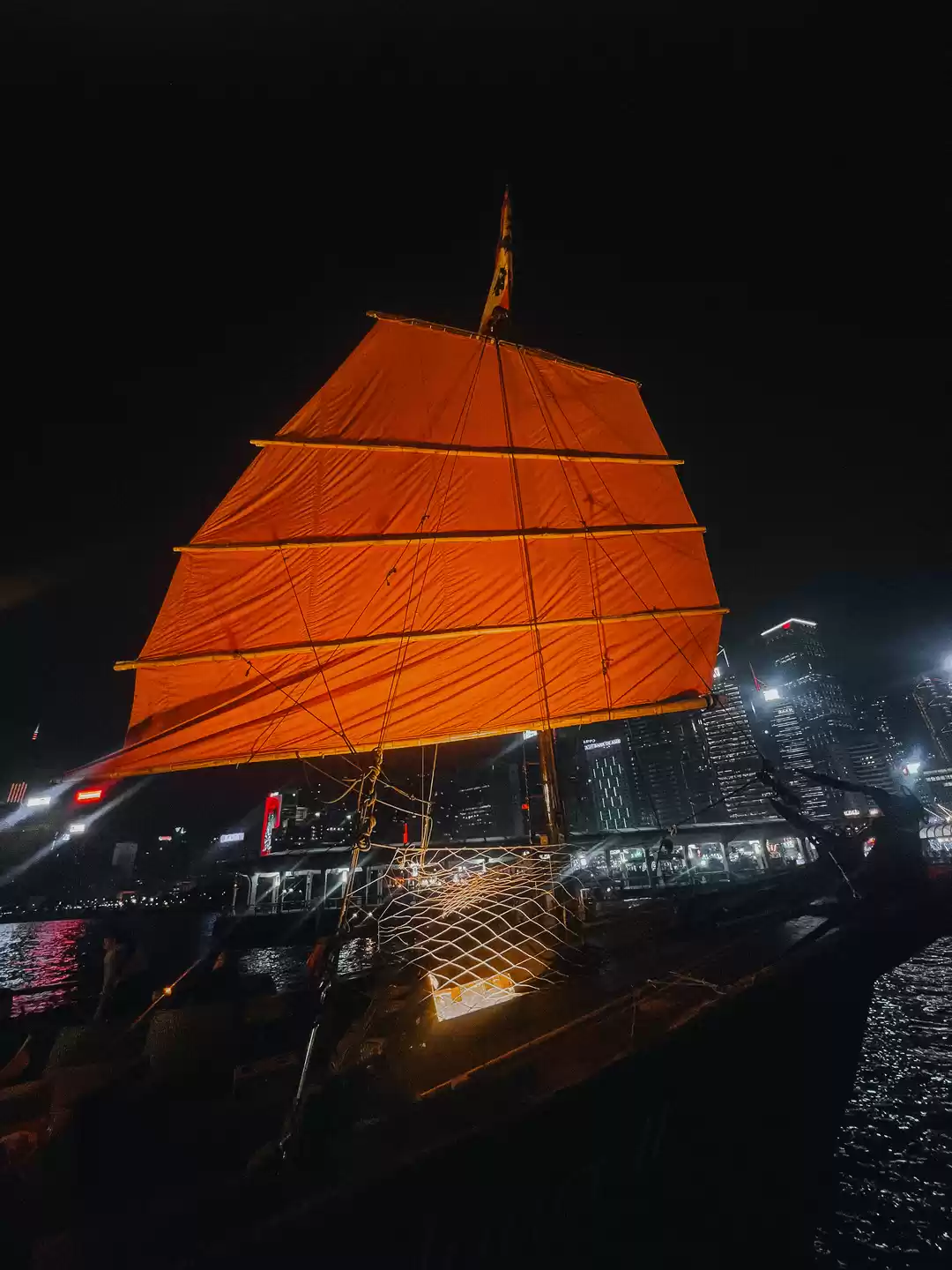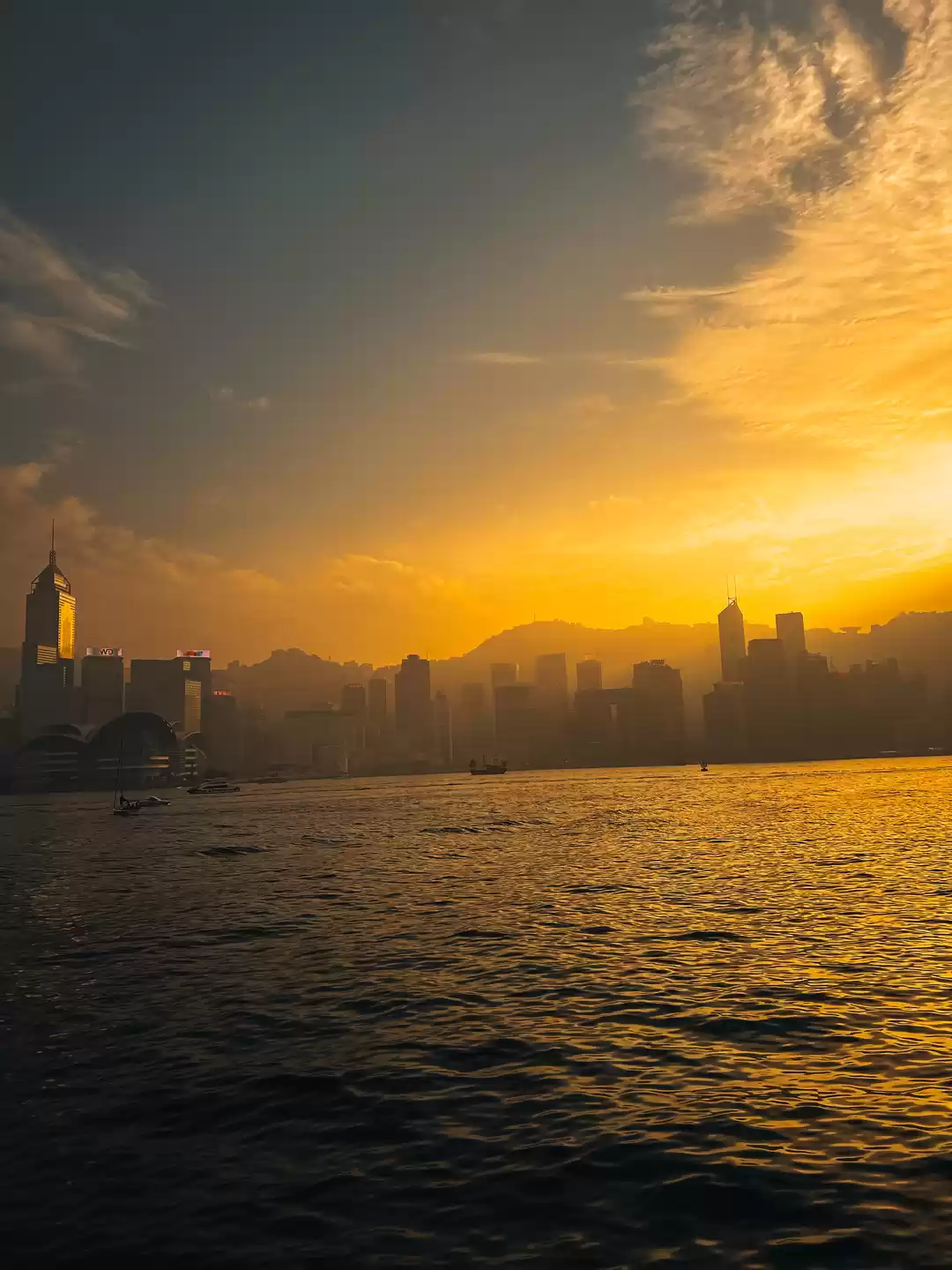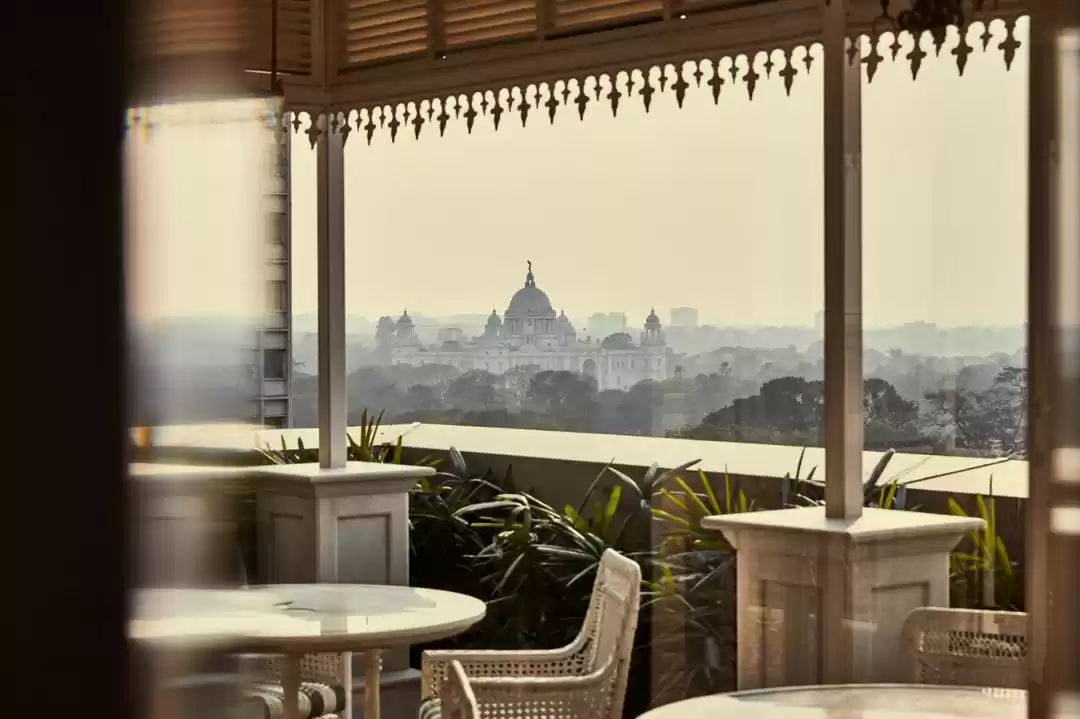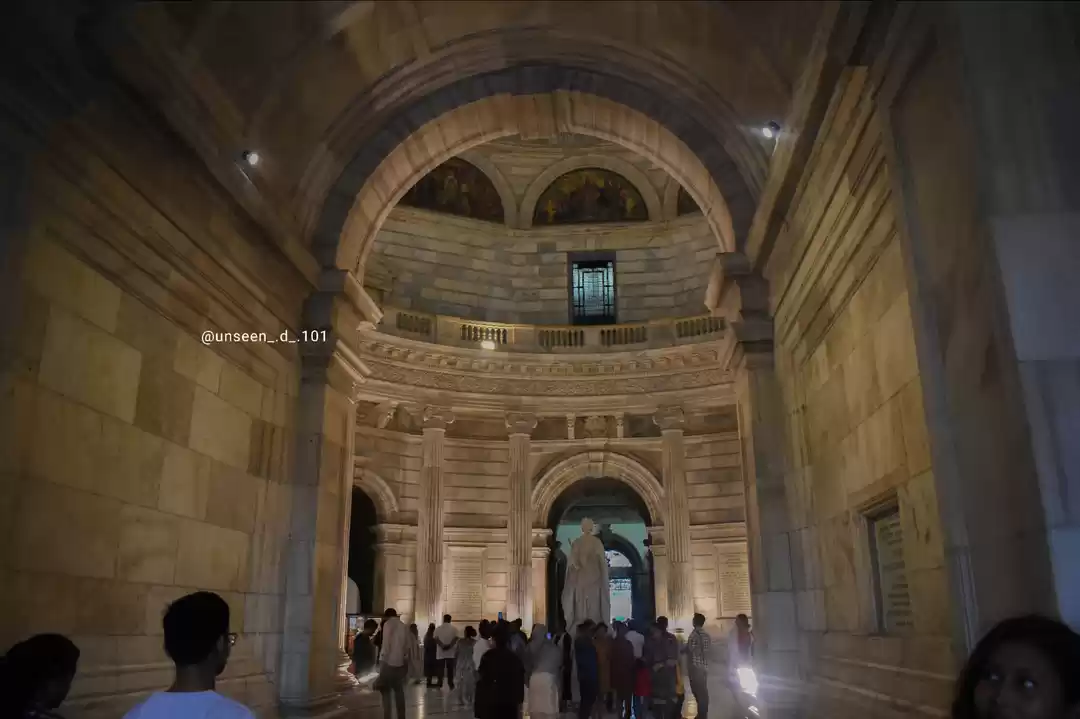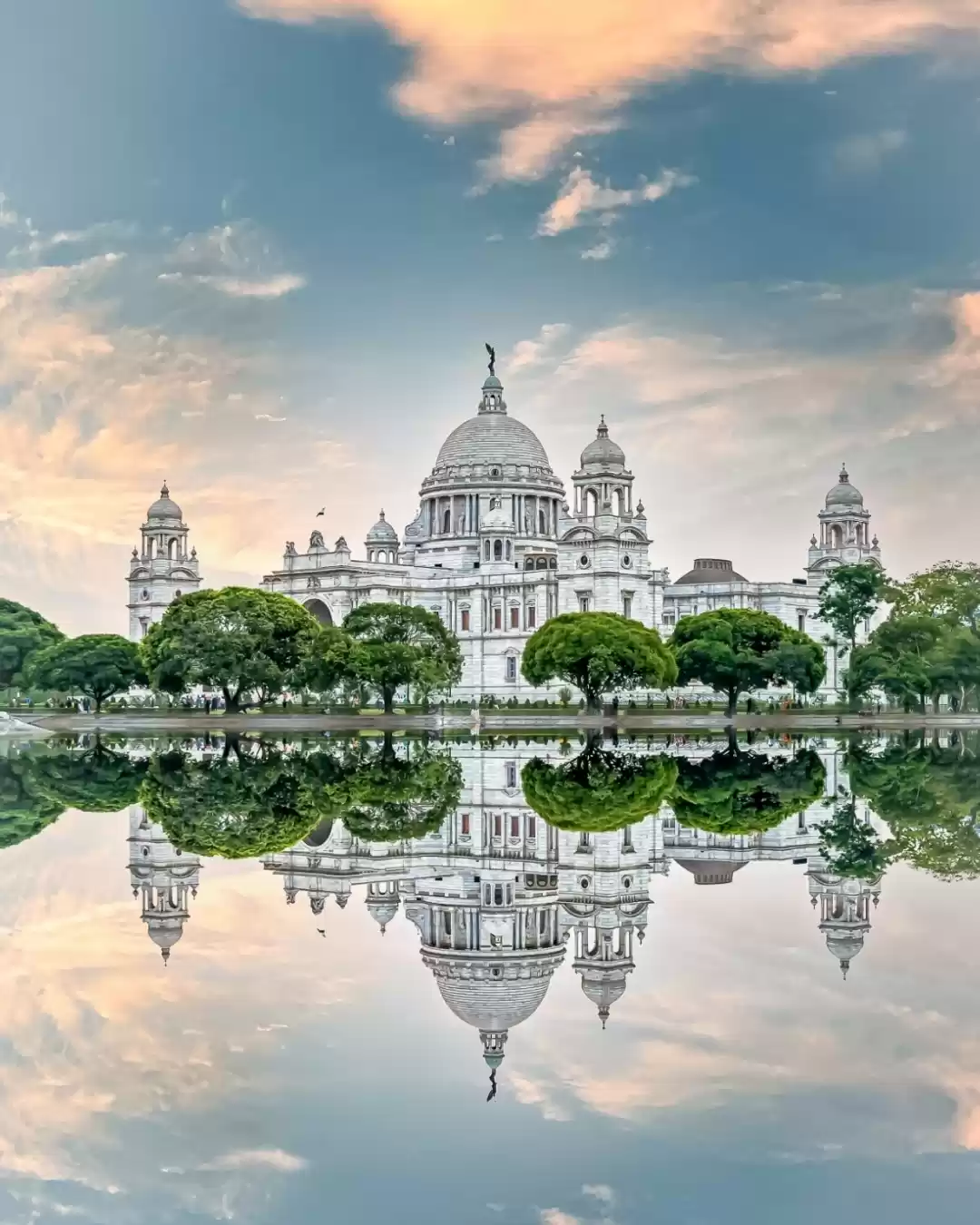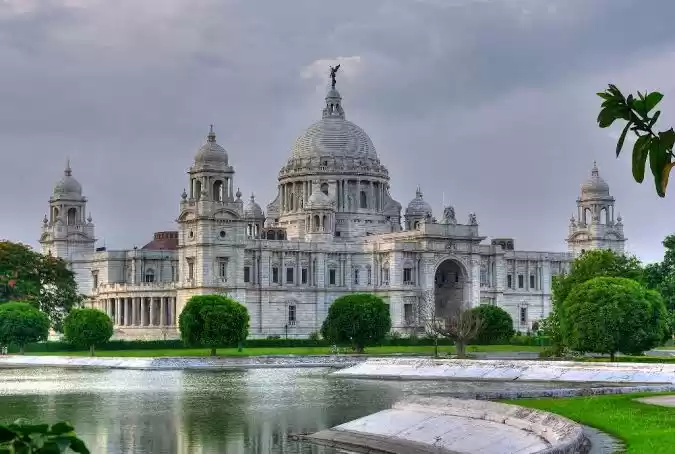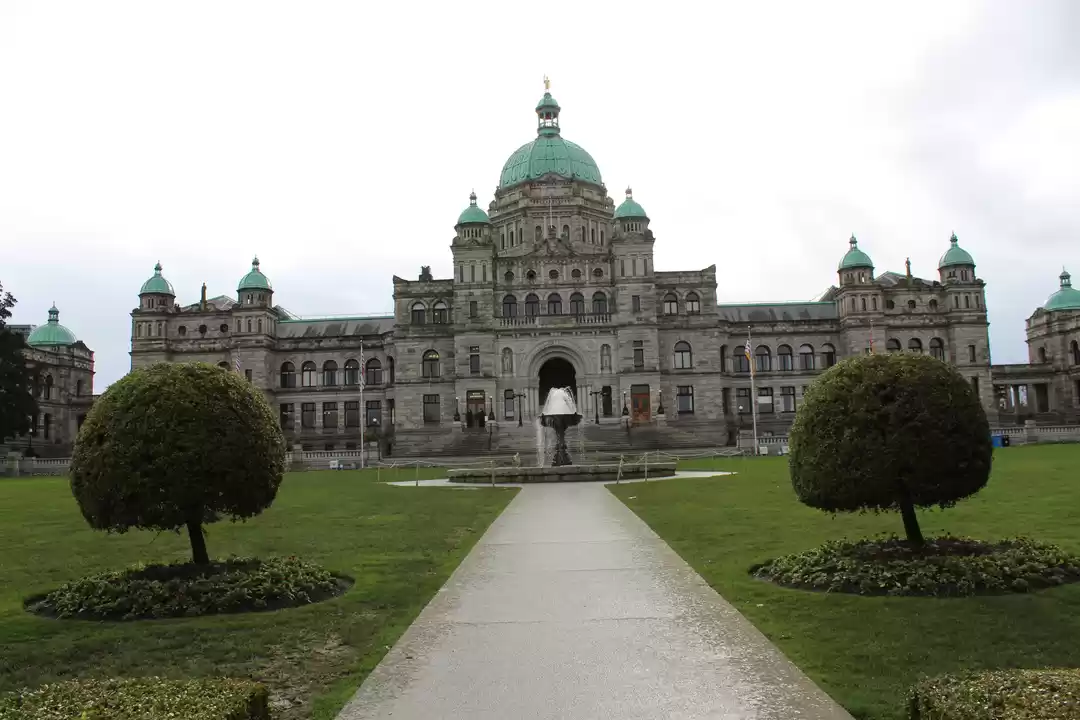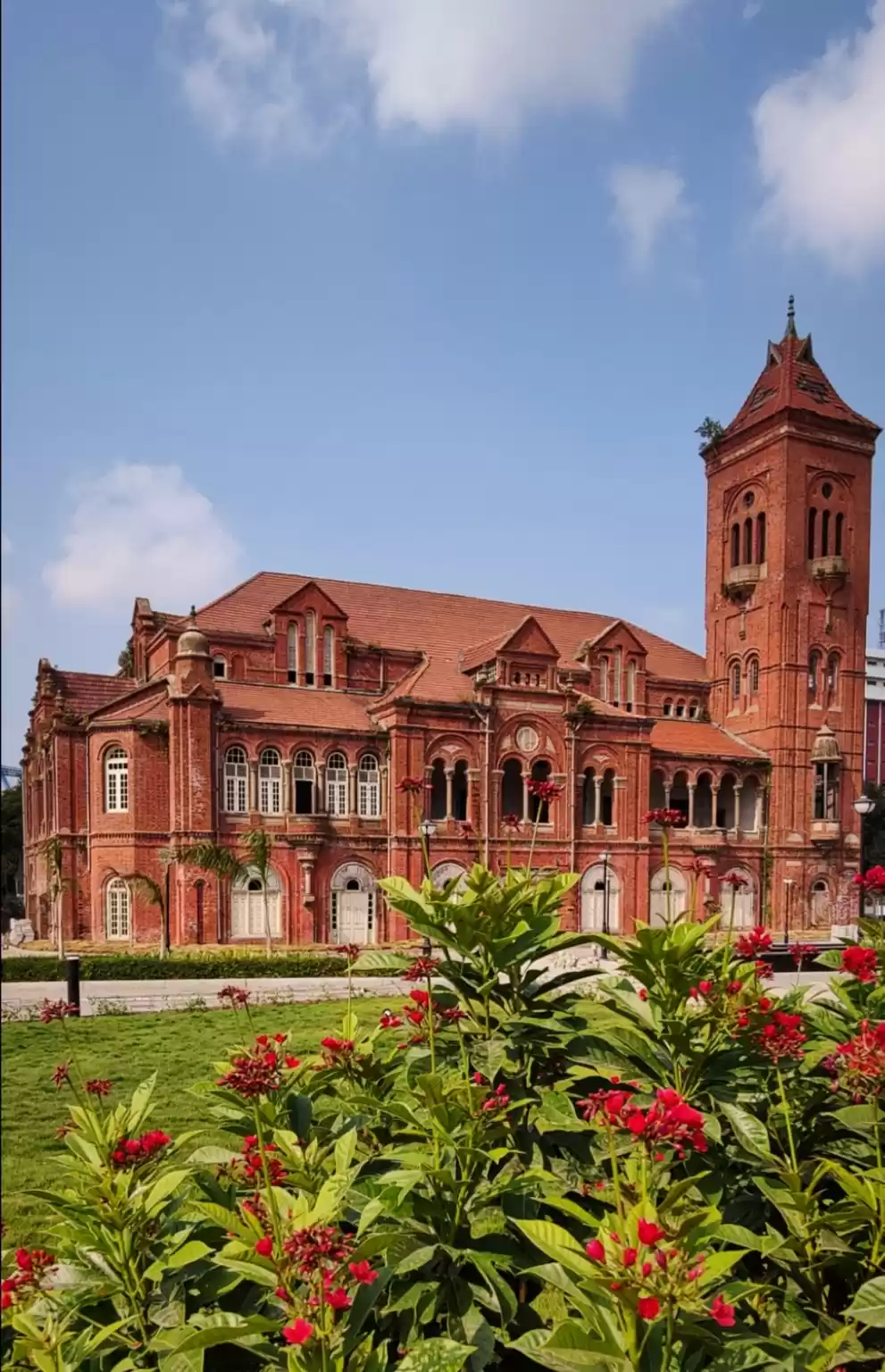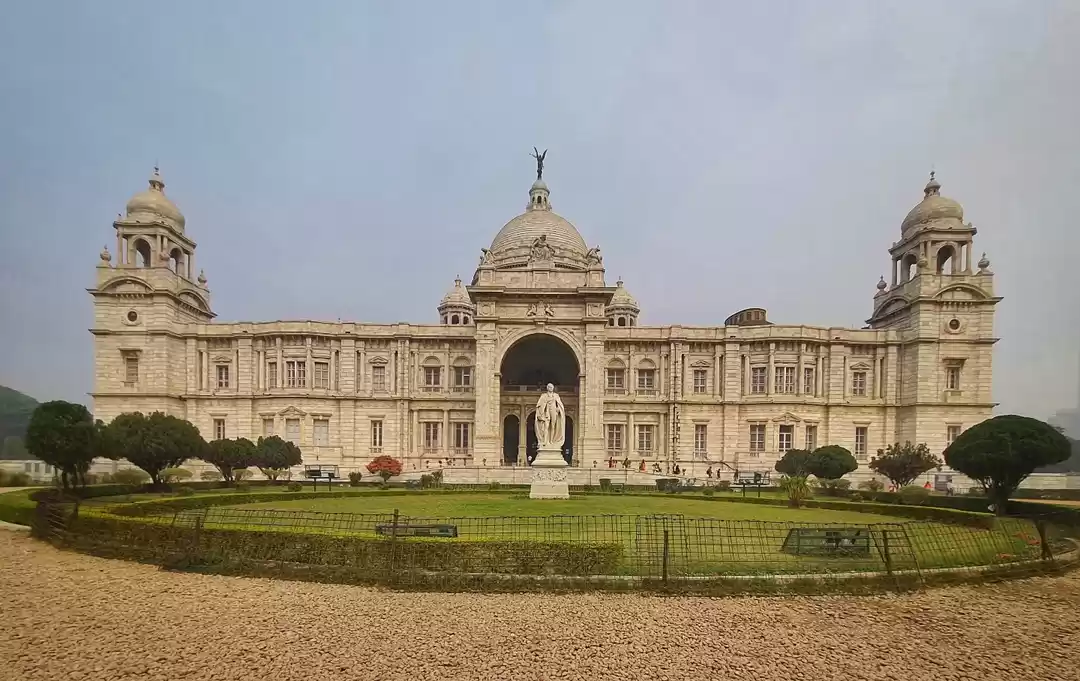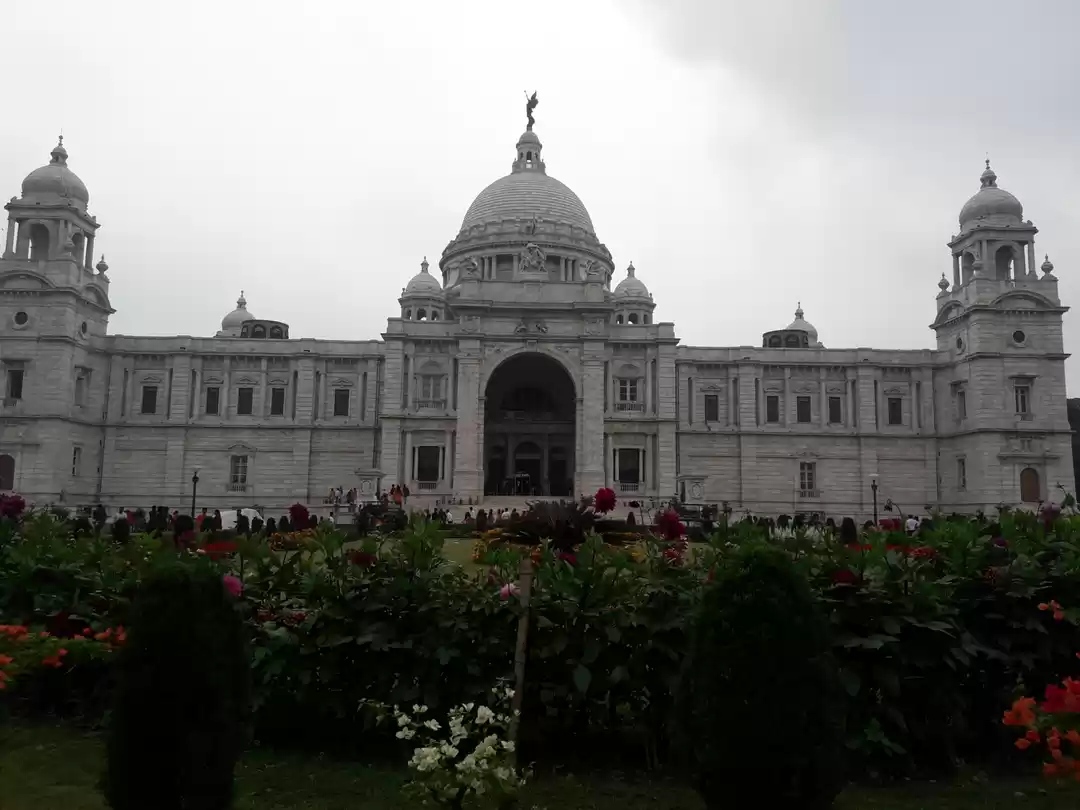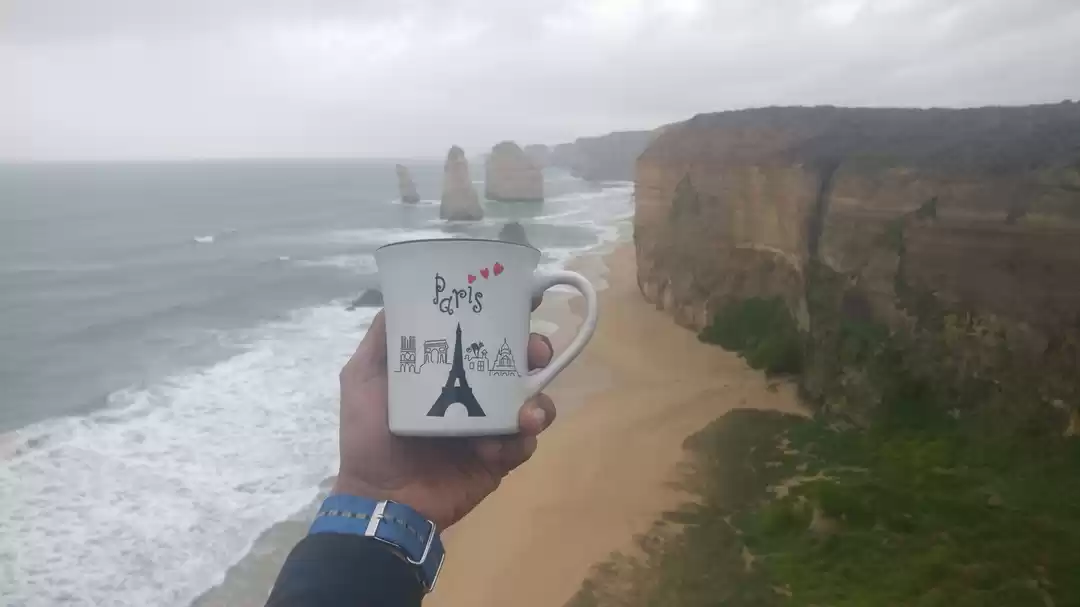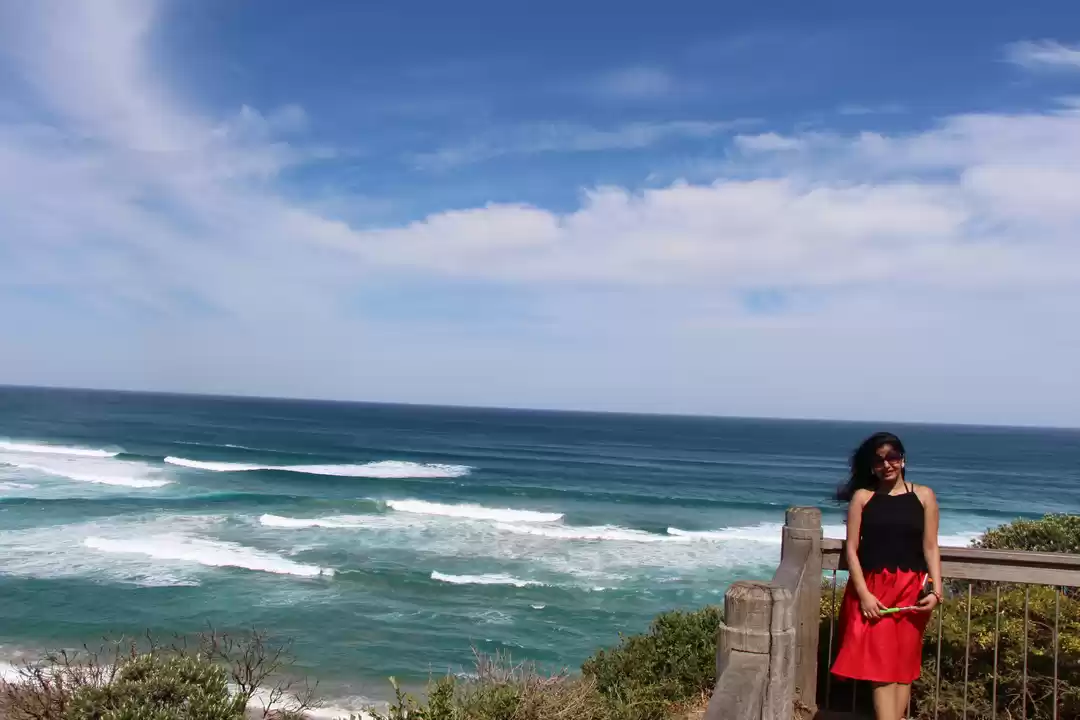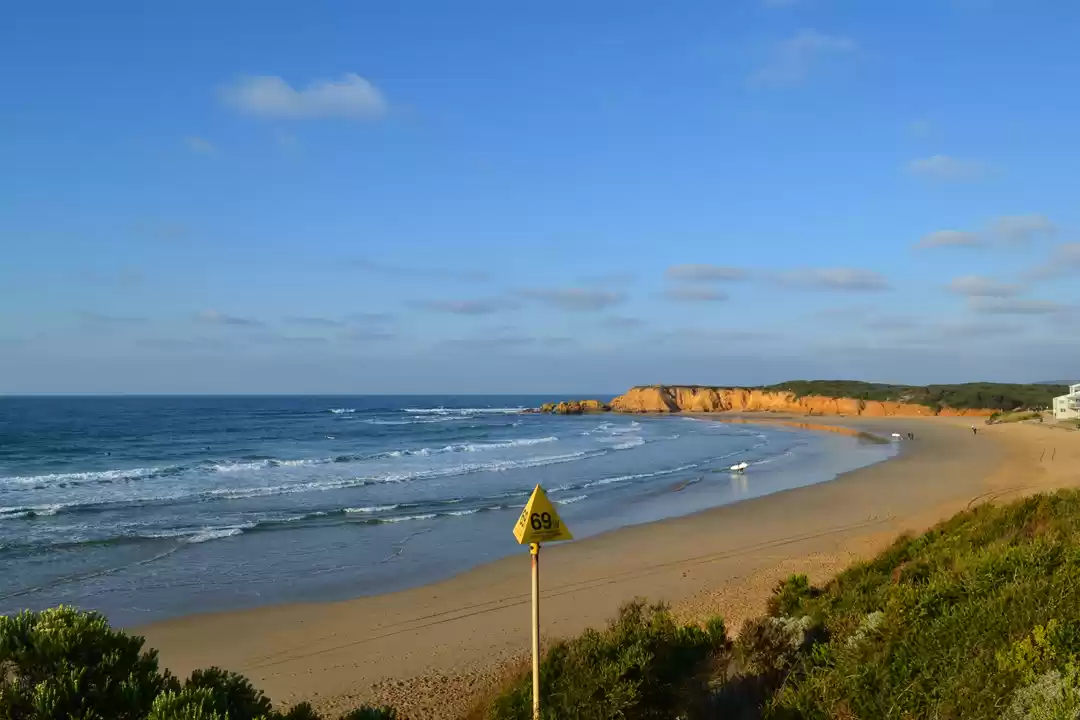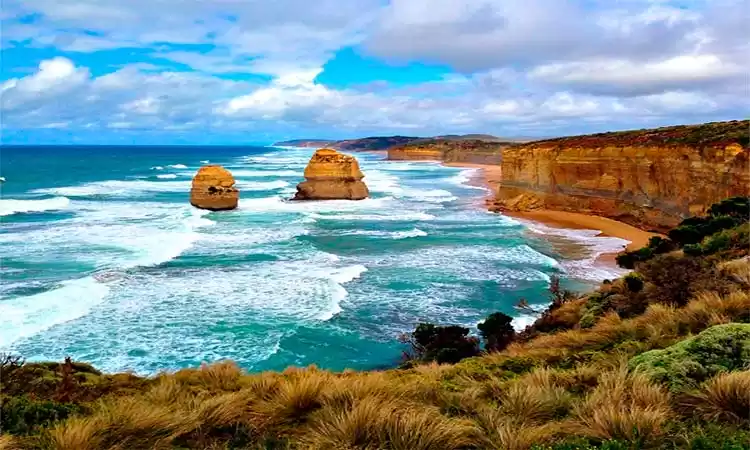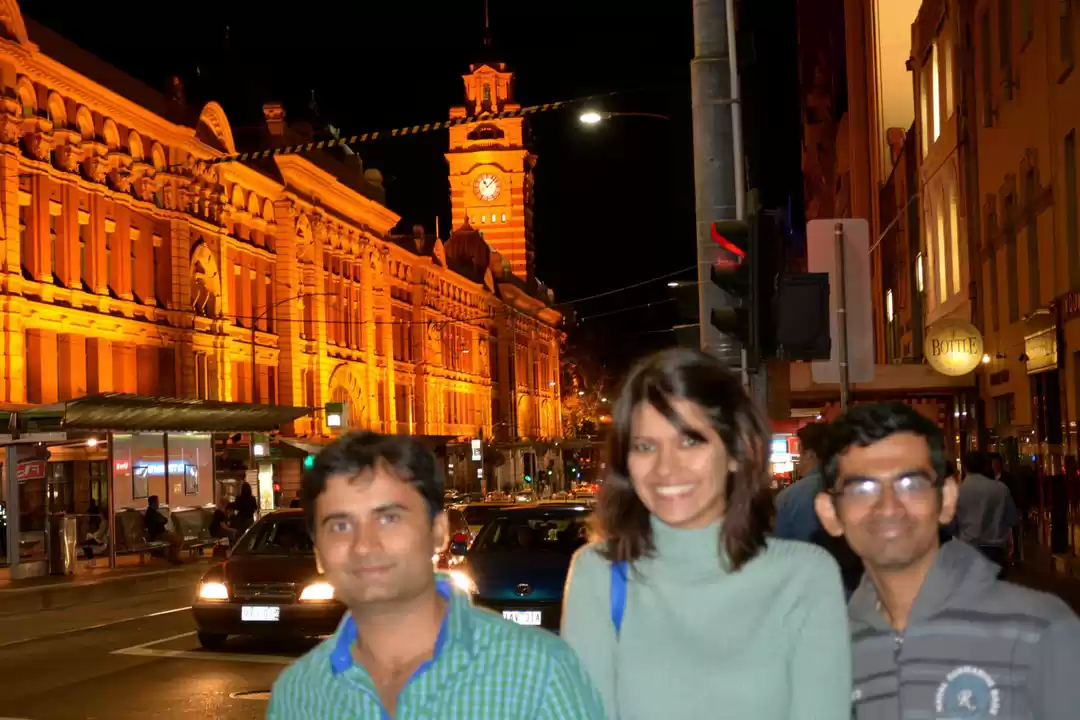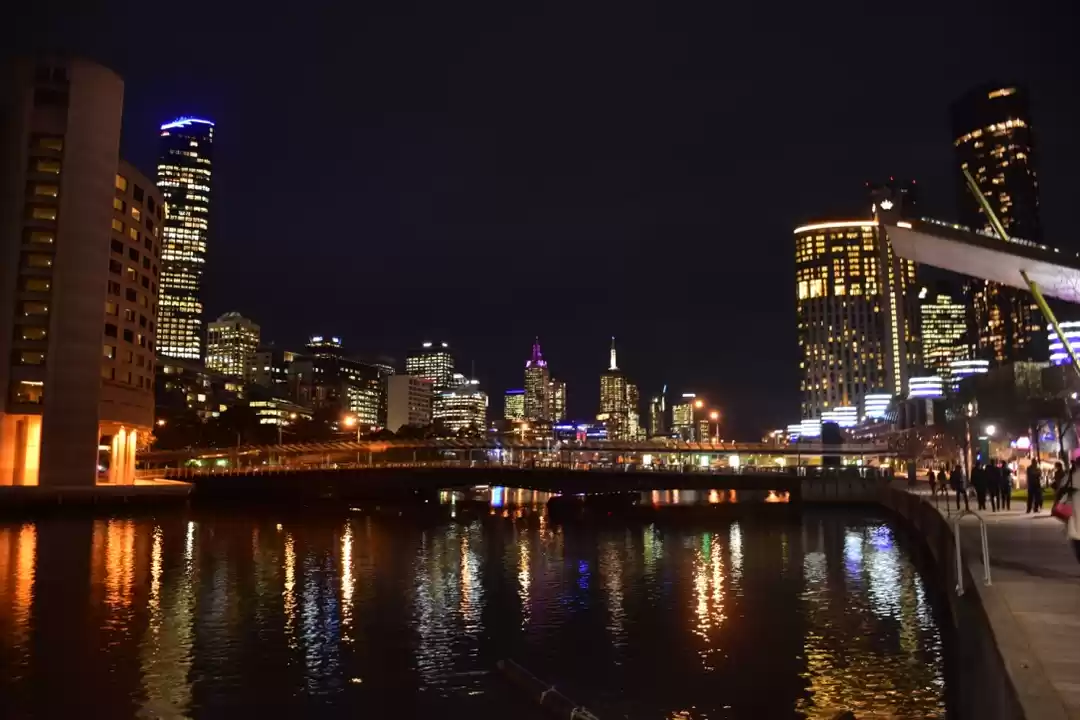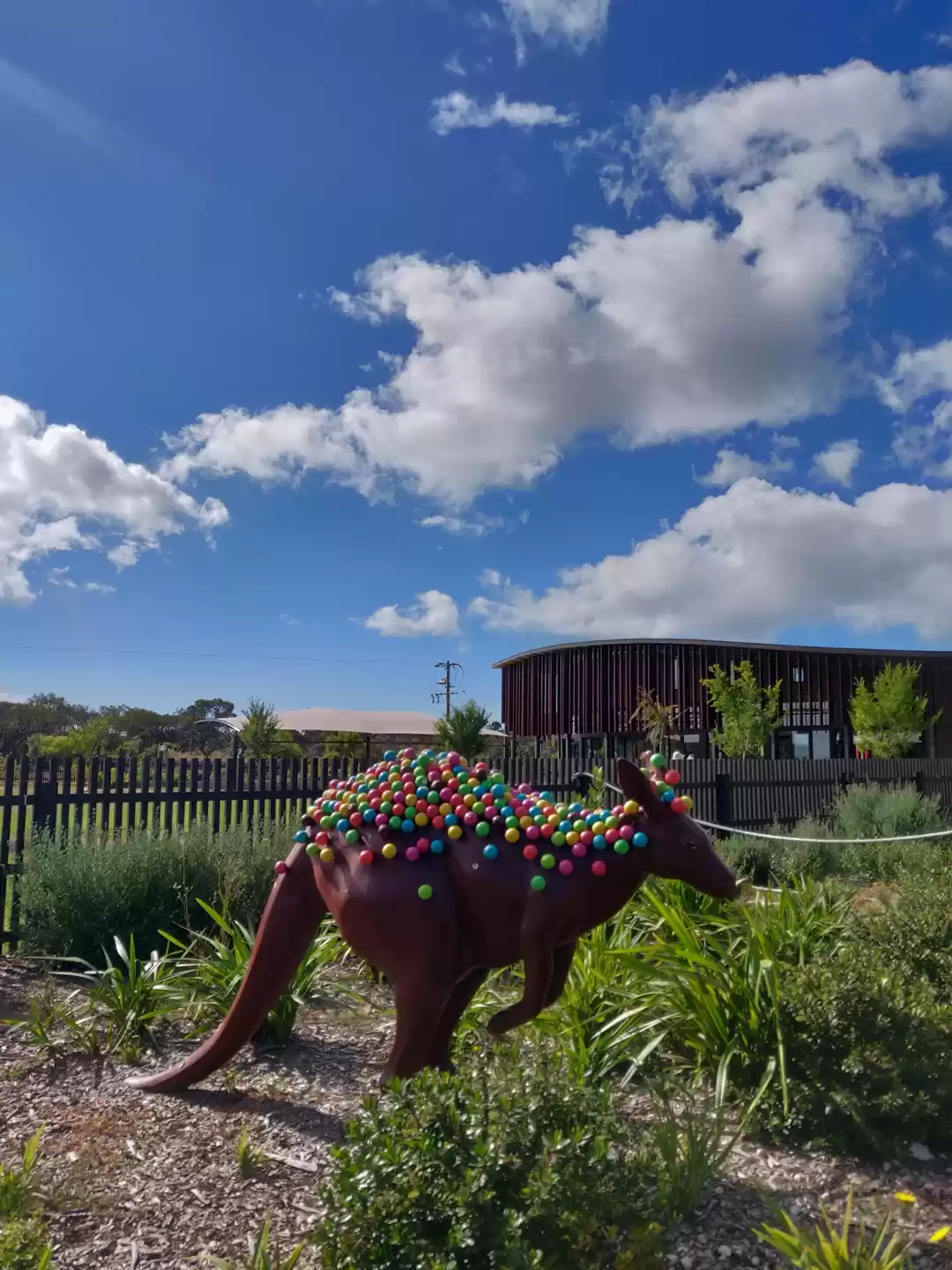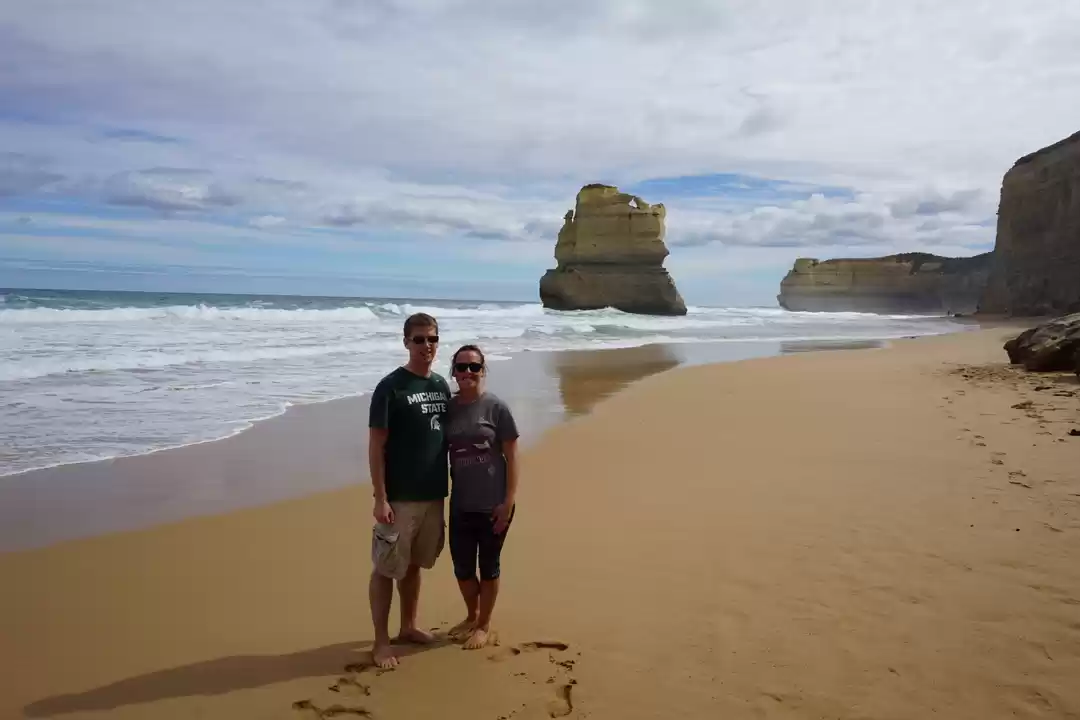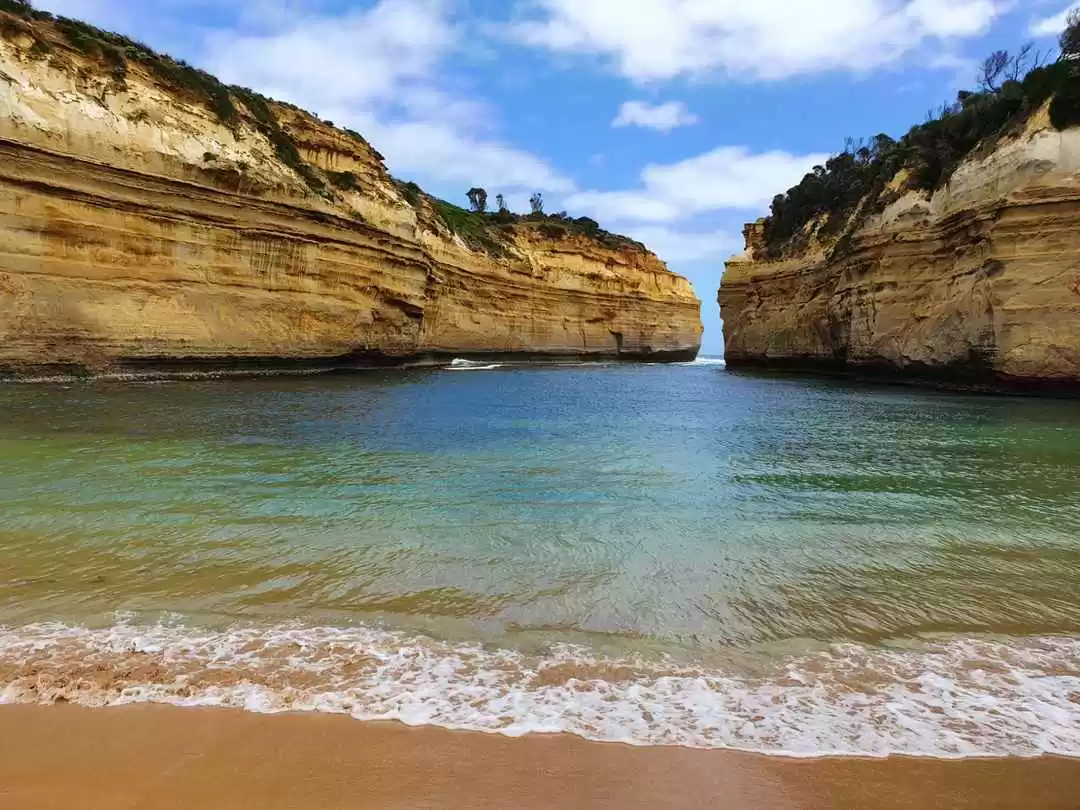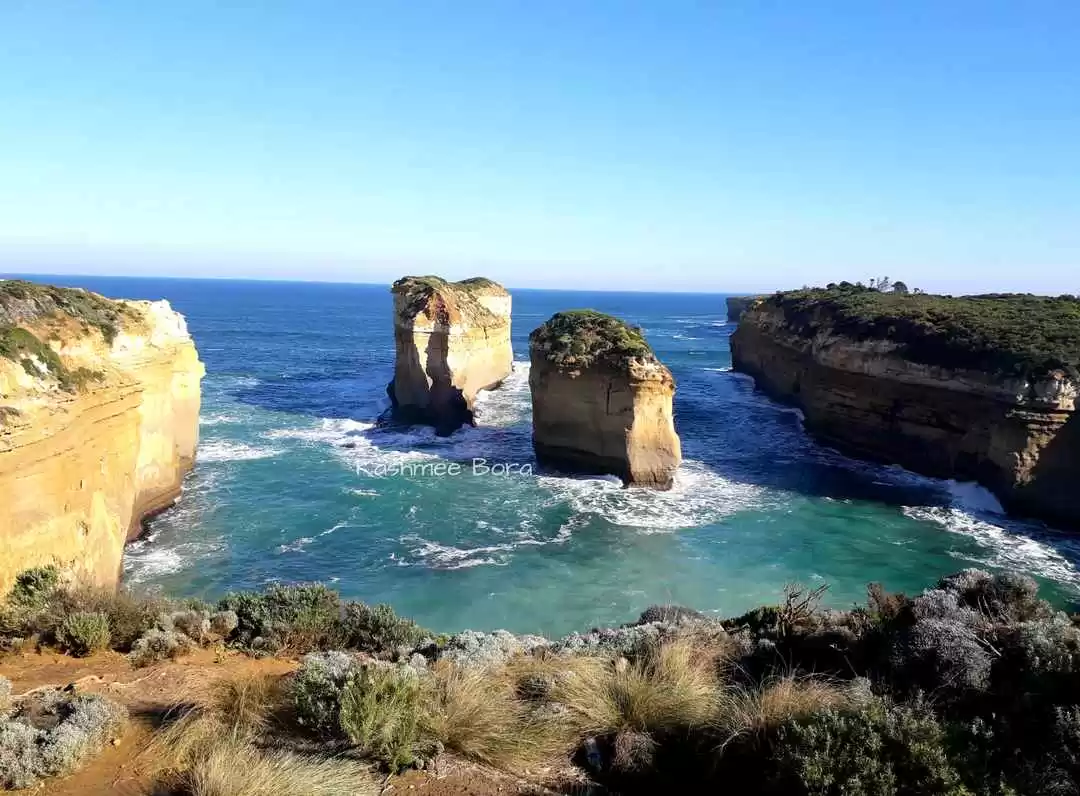We’ve all grown up seeing the photographs of the Twelve Apostles – magnificent rock stacks that rise up majestically from the Southern Ocean on Victoria’s dramatic coastline – and read about it in school textbooks (about its Biblical significance). However, when I was there last summer, I realized that nothing really prepares you for the real thing.
The Great Ocean Road, famous not just in Australia but around the world, offers one of the best road trips on the planet with breathtaking rugged scenery, some of the Earth’s tallest trees, incredible National Parks where koalas and wombats reside, sea stacks of towering rock, and surfer enjoying the time of their lives!
[The Great Ocean Road starts at Torquay – 100 kilometers from Melbourne via Geelong, and finishes at Allansford – 10 minutes from Warrnambool.]
I was in Melbourne for just 3 days and had no option but to for a day’s road trip along the Great Ocean Road – but I’m sure that if I have another chance to return back there, I’m definitely gonna go slow, enjoy more stops and soak in the beauty of nature that this place beholds.
Sightseeing Australia offers this amazing all-encompassing road trip (which I opted for) which starts and ends in Melbourne and takes about 14 hours for the entire journey.
The Journey Along The Great Ocean Road:

It was around 7:15 AM when we started off from Melbourne. Our driver-cum-guide told us briefly about the journey, how much time it’ll take and where all we’d be stopping on the way. Our first stop was the coastal town of Anglesea, for morning tea with a view.
Refreshed after a small snack & tea, we embarked towards the Memorial Arch – built in honor of the 3,000 returned soldiers who worked on the road and its creation. We all hopped off the bus, to click some photographs, standing next to the sculptor of two returned soldiers working on the Great Ocean Road. Our guide told us about the history and what all happened, during the construction of the road. The heritage-listed archway marks the start of the Great Ocean Road, the world’s longest (and most beautiful) war memorial. [Keep reading till the end, to know more about the history of the Great Ocean Road.]


As we continued with the journey, the highway swooped past beaches, hugged the cliffs and green gullies that lead to Lorne – a beautiful coastal town with a laidback vibe, which undoubtedly is a paradise for surfers. While we were hoping to take a walk down the sandy stretch, the sky was suddenly covered with clouds and it started to drizzle. Holding on to the wish, we got back to the bus and moved ahead to Apollo Bay.
This gorgeous town was our stop for lunch and our guide encouraged us to eat like a local in one of the quaint cafes along the main street. I grabbed a picnic box of fish and chips to eat on the sand, following the true Aussie traditions!
There are a series of souvenir shops in Apollo Bay, from where I picked up some lovely postcards & fridge magnets. And once everyone was done with their lunch, we moved ahead for our next stop – the Great Otway National Park. Covering an area of 103,000 hectares (approx) of rainforests, beaches, waterfalls, and heathlands, one can’t just skip over Great Otway National Park on their Great Ocean Road adventure. As we hopped off the bus and walked through this centuries-old rainforest, I couldn’t stop marveling at the ancient eucalyptus trees and listen to the stories that our guide was telling, like a spellbound kid! There wasn’t any moment of silence, ‘coz whenever he stopped speaking, I could hear the chirping of different kinds of birds. But sadly, couldn’t spot any koala here!
As we got back to the bus, we were all super-excited to know that our next stop is gonna be the iconic Twelve Apostles – and needless to say, no trip down this Great Ocean Road would ever be complete without witnessing the beauty of nature’s miracles here! Attracting over 1.2 million visitors annually, these towering limestone stacks offer a truly breathtaking view as the waves smash against them, forming fluffy white sea foam that dancing across the water surface, and visiting this place during sunset added a totally different dimension to the viewing experience. I stood there, mesmerized by the picture-perfect scenery that unfolded right in front of my eyes.

It is said that these limestone pillars would have been part of the mainland as far back as 10-20 million years ago, making their tenacity in the face of Victoria’s unrelenting ocean remarkable. However, currently, only 8 of the 12 Apostles are there while the 9th one, which was supposedly the tallest, collapsed in early July 2005.
P.S – Helicopter rides are available here, in case you wish to get a bird’s eye view of the entire area & see the Apostles from high above! But I didn’t have much time, so I couldn’t go for it. Also, I’d suggest that if you plan to do the chopper ride, it’s better to book it online because the on-spot-booking scene was extremely crowded with more than 100 people standing in the queue for their number to come.

Talking a walk from there, we reached the dramatic Loch Ard Gorge, named after the ship Loch Ard which tragically ran aground in 1878. Our guide put on his story-telling shoes and narrated to us that the ship was coming to the end of a three-month voyage from England to Melbourne and of all those onboard only two survived, Tom and Eva. Since then, the two unconnected rock pillars here have been officially named after them.
We walked down the cliff to the beach, where a few of my travel mates opted for a swim while I found a nice spot for myself to sit and gaze at the Island Archway.
Once everyone was up and about, we started off for the next stop – London Arch, located at a distance of about 15 kilometers or so past the Twelve Apostles, off the shore of Port Campbell National Park. Formerly known as London Bridge until the section closest to the mainland collapsed in 1990, London Arch is one of Victoria’s most popular natural wonders. Prior to the collapse, visitors could walk across the bridge but now, we could only appreciate the beauty from a distance.
A minute’s drive from the London Arch, we reached the Grotto, a cavity which is the most overlooked and underrated of all the natural attractions along the coast on the Great Ocean Road. Part-blowhole, part-archway, part-cave – it offers a peaceful place to enjoy the sea views and soak in the wonderful things nature is capable of. Standing about halfway up the cliff from the sea level, the geological formation is reachable via a decked staircase that leads down from the viewing platform at the top. You can either view the wonder from above or head down and explore it at eye-level.
Inside, the Grotto is filled with smooth boulders and serene rock pools that have been carved out of the limestone. For the best view, we went to look into the Grotto from the lower viewing platform, from where we could see the horizon, the pools, and the jutting rock formations in one go.
Once our hearts were soothed by the picturesque views, hopping back into the bus, we started our journey back. We stopped at the town of Colac for a snack break, and it was around 9’o clock in the evening when we finally reached Melbourne. Although this trip was quite fulfilling in itself and I believe there’s no better way to experience this beautiful stretch other than a road trip down the Great Ocean Road, I’d love to head back once again, to pause at places for a longer duration, spend more time at each of the spots and to know more stories that they have to offer.
The World's Longest War Memorial - Looking Back At The History!
Back in the days, when Australia was trying to recover from the national trauma of the First World War, it put many of its demobilized soldiers to work on various public projects. Of these, the grandest was the creation of the Great Ocean Road, which was initially named as the South Coast Road. Nearly 3,000 returned soldiers worked on the Great Ocean Road’s construction for over 13 years (1919-1932), hacking through thick forest and carving their way along the most precarious sea cliffs, and created one of the most spectacular drives in the world.
Like I’ve already mentioned, not only does the Great Ocean Road offers one jaw-dropping view after another, it’s also known to be ‘The Longest War Memorial’ in the world (approx 243 KM) and a true example of the tenacity of the soldiers who built it, as a memorial to all those who were killed in the war.
Scrolling Through Some Of The Postcard Perfect Photographs Of That Day!



Have you explored the Great Ocean Road? If 'Yes', I'm sure you could relate to this article, but I'd still love to know how you enjoyed your journey - so don't forget to drop a comment below. And if you still haven't ticked this off your bucketlist, then I'd definitely recommend you to plan a trip soon!
Ready to travel for free? Earn credits and redeem them on Tripoto’s weekend getaways, hotel stays and vacation packages.



